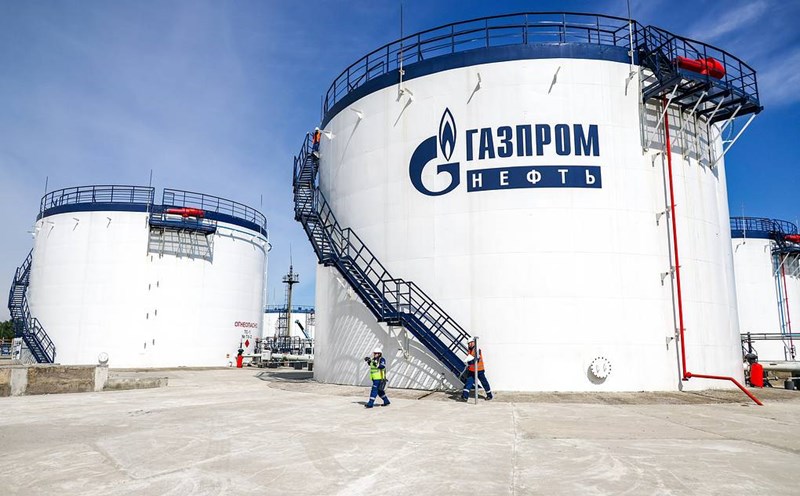Amid the escalating US-Brazil trade tensions, China has taken action to "rescue" the South American coffee industry by allowing 183 Brazilian businesses to export coffee to the Chinese market, starting from July 30 and effective for 5 years.
The move was announced by the Chinese Embassy in Brazil shortly after the Trump administration imposed a huge 50% tariff on coffee and meat - two key items in Brazil's export balance.
According to the Brazilian Ministry of Industry and Trade, about 35.9% of exports to the US will be affected by the new tax, with an estimated loss of up to 14.5 billion USD per year.
In the 2024-2025 crop year alone, Brazil exported 7.468 million bags of coffee to the US, equivalent to 16.4% of the country's total coffee exports. The turnover value is up to 1.9 billion USD, while the meat brings in an additional 1.35 billion USD.
According to trade experts, China's opening to Brazilian coffee is a symbol of strengthening BRICS cooperation in the context of increasing global challenges. At the same time, this is not only a temporary solution for Brazil, but also a major boost in global trade flows.
According to the International Coffee Organization (ICO), coffee consumption in China increased by 15% in the recent crop. The number of branded coffee shops in this country increased by 58% in just 12 months, reaching 49,691 stores, far exceeding the US.
This explosive growth has made China a new promised land for global coffee producers, and Brazil is seizing that opportunity.
Not only coffee, China also boosted imports of meat and other agricultural products from Brazil, gradually creating a new supply-demand axis within the BRICS bloc.
Meanwhile, despite the losses to both sides, US President Donald Trump continues to defend the tax decisions, saying it is a necessary reaction to the political "witch hunt" against former Brazilian President Jair Bolsonaro - his close ally.
President Trump stressed that the US is rectifying its long-standing trade imbalances. However, according to government data, the US will still have a trade surplus of 6.8 billion USD with Brazil in 2024.









